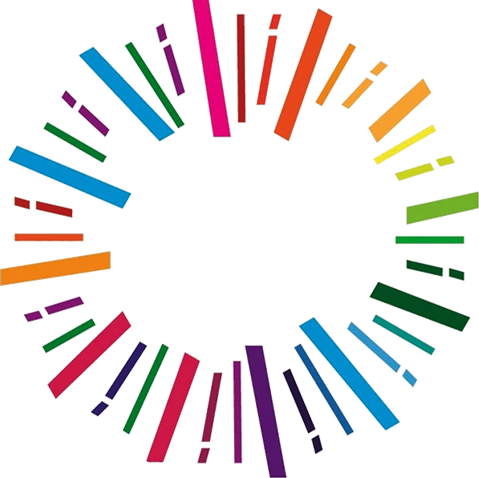Mental Health
According to 2022 NHS statistics, 18.0% of children aged 7 to 16 years and 22.0% of young people aged 17 to 24 years had a probable mental disorder. In children aged 7 to 16 years, rates rose from 1 in 9 (12.1%) in 2017 to 1 in 6 (16.7%) in 2020.
The World Health Organisation state that mental health difficulties impact cognition, emotional regulation and / or behaviour. Anxiety and depression are the most common mental health difficulties.
Children with social, emotional and mental health difficulties may display passive behaviours such as:
- Anxiety
- Low mood
- Being withdrawn
- Avoiding risks
- Unable to make choices
- Low self-worth
- Isolated
- Refusing to accept praise
- Failure to engage
- Poor personal presentation
- Lethargy/apathy
- Daydreaming
- Unable to make and maintain friendships
- Speech anxiety/ reluctance to speak
- Task avoidance
Children with social, emotional and mental health difficulties may display active behaviours such as:
- Challenging behaviours
- Restlessness/over-activity
- Non-compliance
- Mood swings
- Impulsivity
- Physical aggression
- Verbal aggression
- Perceived injustices
- Disproportionate reactions to situations
- Difficulties with change/transitions
- Absconding
- Eating issues
- Lack of empathy
- Lack of personal boundaries
- Poor awareness of personal space
 Bridge Academy
Bridge Academy